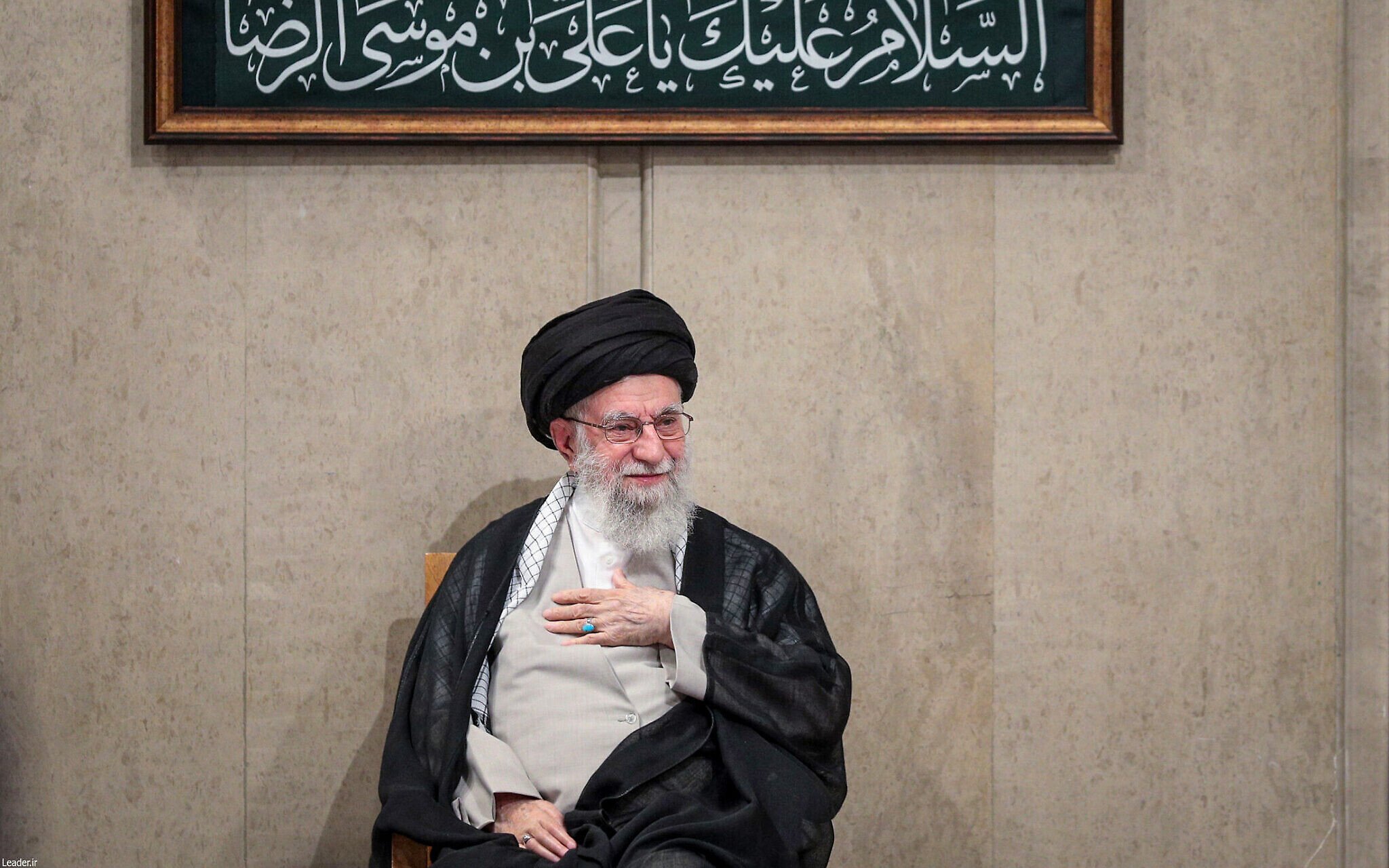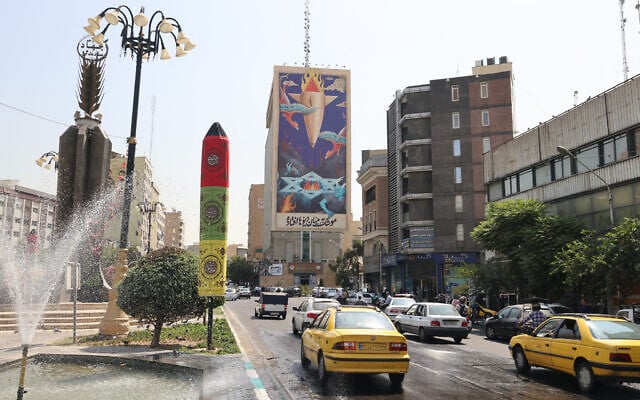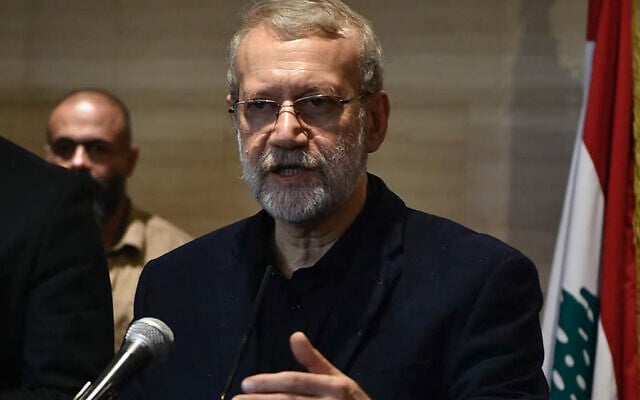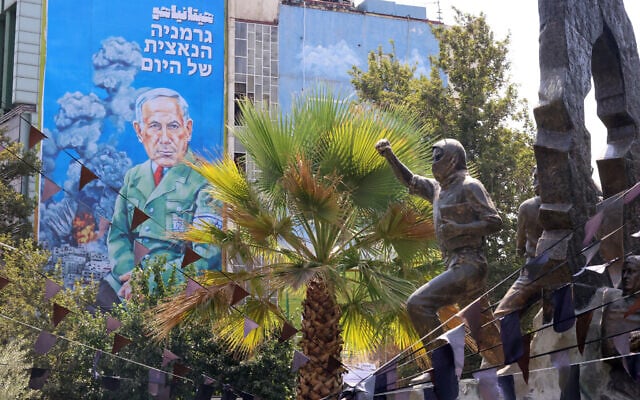



Iran’s supreme leader said the current situation with the United States was “unsolvable” and that Tehran would never bow to pressure to obey Washington, amid a standoff with Western powers over its nuclear program, state media reported on Sunday.
Ayatollah Ali Khamenei made the remarks days after Iranian officials threatened Israel with renewed fighting, two months after the countries fought a 12-day air war. The comments also come after Iran and three European powers agreed on Friday to resume talks to try to restart full negotiations on curbing Tehran’s nuclear enrichment work.
“They want Iran to be obedient to America. The Iranian nation will stand with all of its power against those who have such erroneous expectations,” Khamenei was reported as saying.
“People who ask us not to issue slogans against the US… to have direct negotiations with the US, only see appearances… This issue is unsolvable,” he added.
The Islamic Republic suspended nuclear negotiations with the United States after the US and Israel bombed its nuclear sites during the 12-day war in June. Israel said the sweeping assault on Iran’s top military leaders, nuclear scientists, uranium enrichment sites and ballistic missile program was necessary to prevent Tehran from realizing its avowed plan to destroy the Jewish state.
Iran retaliated to Israel’s strikes by launching over 500 ballistic missiles and around 1,100 drones at Israel. The attacks killed 31 people and wounded over 3,000 in Israel, according to health officials and hospitals.

Following that war, France, Britain and Germany have said if Tehran does not return to the table, they could reactivate United Nations sanctions under a “snapback” mechanism agreed to in a 2015 deal between Iran, the United States and several world powers.
To avoid those sanctions, some Iranian officials are reportedly willing to accept limits on the country’s nuclear program. The Telegraph reported on Sunday that reformers in Tehran are pushing the regime to agree to cap uranium enrichment at 20 percent, short of the 90% that would make it suitable for nuclear weapons.
The new leader of Iran’s Supreme National Security Council, Ali Larijani, is leading that effort, the British outlet reported, adding that Iran’s Islamic Revolutionary Guard Corps opposes the idea. The report said Iranian President Masoud Pezeshkian, who appointed Larijani, has drawn backlash from hardliners in the regime.
“Larijani is trying to convince the system to reduce the level of enrichment to avoid another war,” a senior Iranian official said, according to The Telegraph. “He’s concerned that without lowering it or meeting some of the West’s demands, the system will face another major challenge.”

Iran’s rhetoric toward Israel, meanwhile, has been more bellicose. It has threatened Jerusalem with another round of conflict, warning that it was prepared for any new Israeli attack and announcing it had developed missiles with greater capabilities than those used during the recent war.
“The missiles used in the 12-day war were manufactured… a few years ago,” Defense Minister Aziz Nasirzadeh said last week, quoted by the official IRNA news agency.
“Today, we have manufactured and possess missiles with far greater capabilities than previous missiles, and if the Zionist enemy embarks on the adventure again, we will undoubtedly use them.”

Nasirzadeh’s comments came after a senior official in the IRGC said another war with Israel or the United States could begin at any time.
“We are not in a ceasefire, we are in a stage of war,” Yahya Rahim Safavi, a senior military adviser to Khamenei, told Iranian media last week. “I think another war may happen, and after that, there may be no more wars.”
Nasirzadeh also recently claimed that the Islamic Republic has established infrastructure to manufacture weapons in “several countries.” And on Saturday, state media reported that Iranian forces killed six militants in a raid in the restive southeast, saying they were members of a “terrorist” group linked to Israel.
Iran has consistently denied seeking to acquire nuclear weapons. However, it enriched uranium to levels that have no peaceful application, obstructed international inspectors from checking its nuclear facilities, and expanded its ballistic missile capabilities. Israel said that ahead of the war, Iran had taken steps toward weaponization.
